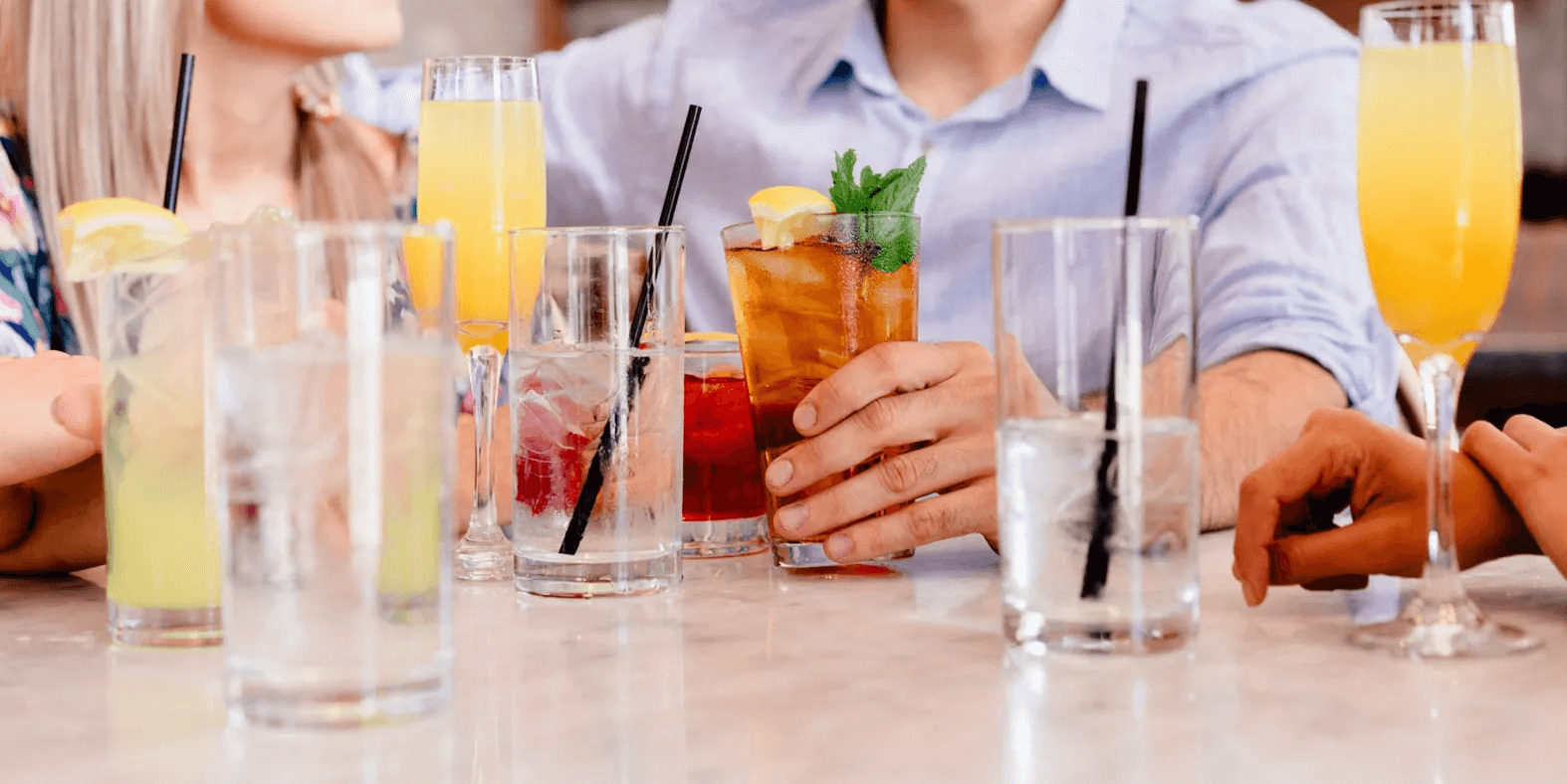
Rushing to the Toilet? Understanding Bladder Irritants and Simple Swaps
Overactive bladder (OAB), bladder sensitivity, urgency, and urge incontinence all describe that overwhelming need to pee that comes out of nowhere. It fills you with panic as you scan for the nearest loo. Sometimes, the result is leaking a little (or a lot) if you don’t make it in time. Let’s understand why it is happening and learn how we can adjust our drinking habits to take back some control and spend less time mentally mapping out the nearest toilets.
The Detrusor Muscle: The Key Player in Bladder Sensitivity
The detrusor muscle, a smooth muscle surrounding the bladder, contracts when it’s time to urinate. For those with bladder sensitivity or urge incontinence, this muscle becomes overactive. It might contract prematurely or too forcefully in response to triggers, making you feel like you have to go urgently—even if your bladder isn’t full.
Bladder irritants make this worse by irritating the bladder lining. This irritation sends extra signals to your nervous system, which can overstimulate the detrusor muscle, leading to more frequent, urgent bathroom trips.
How Common Bladder Irritants Affect You
Here’s how popular drinks and ingredients might be adding to your urgency:
Caffeine:
Found in coffee, tea, energy drinks, and chocolate, caffeine is a double offender. It’s a stimulant that makes the detrusor muscle more excitable and a diuretic that increases urine production.Alcohol:
Alcohol both irritates the bladder lining and increases urine output. It dehydrates you, too, which concentrates your urine and worsens the irritation.Carbonated Beverages:
The bubbles in fizzy drinks release carbon dioxide in the bladder, irritating its lining. Plus, many sodas include caffeine, artificial sweeteners, or acidic flavours that pile on more irritation.Citrus Juices:
Orange, grapefruit, lemon and lime are high in citric acid, which inflames the bladder lining and overstimulates nerves connected to the detrusor muscle.Artificial Sweeteners:
Found in sugar-free sodas, diet snacks, and even some gums, sweeteners like aspartame and saccharin can irritate the bladder and disrupt its normal sensory responses, leading to urgency.Spicy Foods and Tomatoes:
Chili, peppers, and even tomato-based drinks or sauces contain compounds like capsaicin or have high acidity that can irritate the bladder.Hot Chocolate, Green Tea, and Decaf Drinks:
While these may seem like safe swaps, many still contain some caffeine or bladder-irritating compounds, making them less ideal than they appear.
What to Drink Instead: Bladder-Friendly Alternatives
The good news? You’ve got plenty of delicious, soothing options:
Water: Plain, still water (not sparkling!) is your best friend. Room-temperature or slightly warm water can feel gentler for sensitive bladders.
Herbal Teas: Try caffeine-free options like chamomile, peppermint, or rooibos tea.
Milk and Milk Alternatives: Dairy milk and unsweetened almond, oat, or soy milks are generally neutral in acidity and easy on the bladder. Skip sweetened varieties to avoid irritation.
Coconut Water: Naturally low in acidity and high in electrolytes, coconut water is a hydrating and refreshing choice.
Non-Citrus Juices: Look for 100% juices from fruits like pear, apple, or blueberry. These have lower acidity levels and are gentler on the bladder.
Infused Water: Add a twist of flavour to your water with cucumber slices, fresh mint, or non-citrus fruits like berries. These make hydration exciting without the acidity of citrus.
Tips for Making the Switch
Changing your drink habits takes some adjustment. Here are a few tips to make it easier:
Ease into Changes: Cutting out caffeine or alcohol cold turkey can lead to withdrawal symptoms like headaches. Gradually reduce your intake over 1–2 weeks.
Two-Week Rule: Give your bladder time to settle after eliminating a suspected irritant. It can take up to two weeks to notice an improvement in symptoms.
Conclusion
Adjusting what you drink might not completely solve all your bladder problems, but it’s a powerful step toward feeling more in control and confident in your daily life. Every little change you make—whether it’s swapping coffee for herbal tea or skipping fizzy drinks—is a step closer to fewer urgent dashes to the toilet and more confidence in your day. Put your knowledge to work and start living a life less dictated by your bladder!
If you are struggling with bladder urgency or incontinence you might be interested in our treatments.


